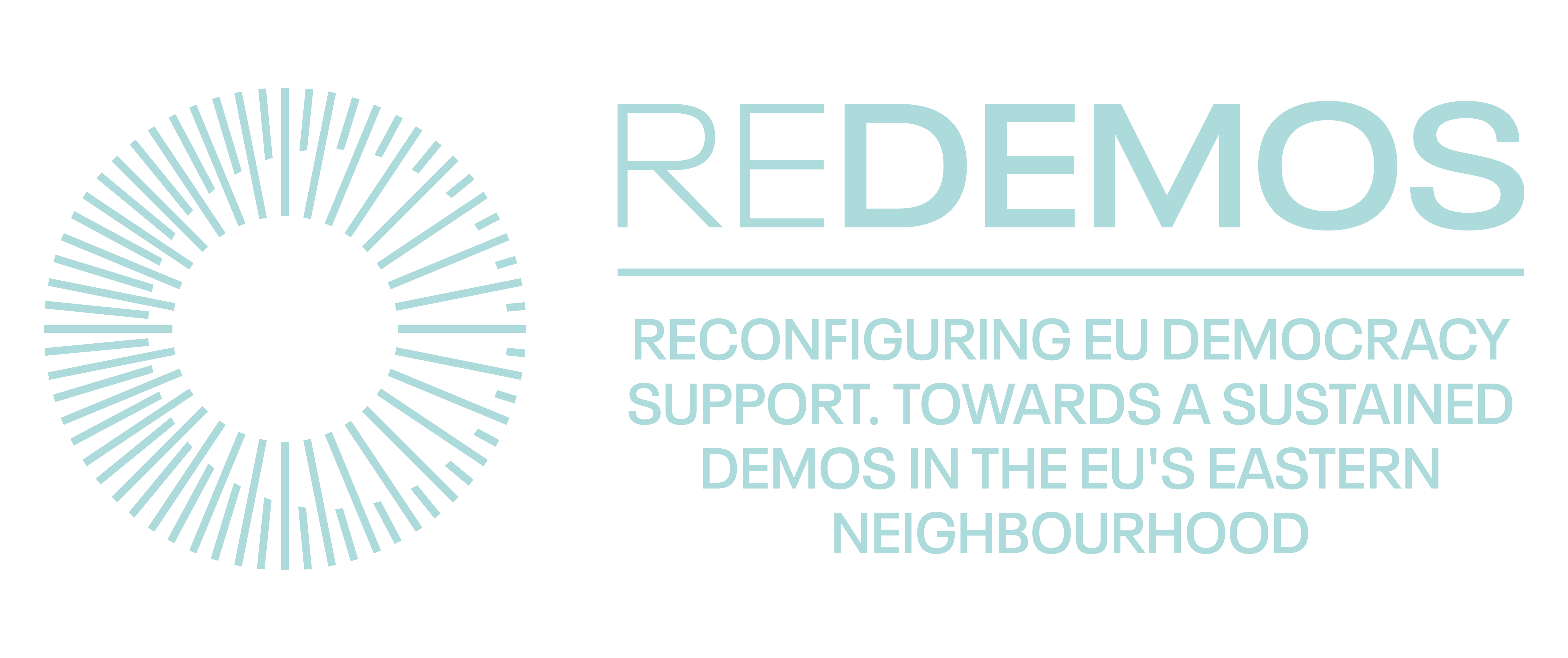By Vano Chkhikvadze*
Once again, the people of Georgia are back on the streets to champion their future in Europe. On 3 April 2024, the ruling Georgian Dream party reintroduced a Russian-style “Transparency of Foreign Influence” bill. The law, which has already been endorsed by the Legal Issues Committee of the Georgian Parliament and passed the first hearing at the plenary, would label any civil society or media organization receiving at least 20% of its funding from outside the country as an organization doing the bidding of foreign powers. Given that Georgian civil society organisations (CSOs) rely heavily on external financing, public protests had erupted already last year when a similar draft bill was introduced. In response to the protests back then, Georgian Dream had made a public commitment not to bring back the bill – a pledge it clearly no longer respects.
Ironically, the European Commission’s granting of candidate status to Georgia in late 2023, in response to the country’s bid to join the European Union, has in fact resulted in the bill’s sudden return. Whilst it is the objective of the ruling party to not fulfill certain conditions required for EU accession negotiations, it has become blatantly obvious that Georgian Dream has decided to derail the country’s EU ambitions. Georgian Dream lawmakers have started to openly question EU accession, are stating that EU funds are not transparent, and increasingly put forward claims that the EU itself is not ready for enlargement. This is happening despite EU accession being supported by a large majority of the population, with up to 80% of Georgians desiring the country to become a part of the Union.
Last year, public pressure had pushed Georgian Dream into implementing three out of the initially twelve conditions for EU accession, albeit only those that did not jeopardize its power. This time, though, Georgian Dream has taken a new course of action. Six months after having received the nine steps from Brussels, the party has done little to initiate fulfillment. In fact, none of the steps have been accomplished so far. With the current plans to pass the Foreign Influence bill, Georgian Dream has openly and staunchly gone against Article 78 of the country’s constitution which clearly implores all constitutional bodies to take necessary measures within the scope of their competence to ensure full integration of Georgia into the EU and NATO.
If adopted, the law will silence the critical voices of Georgia’s civil society and media organizations. In fact, this would happen just months before the general election, scheduled to take place later this October, which may even be held in the absence of local independent election monitors. As Georgian Dream fully controls all state institutions, and as opposition parties remain weak and disorganized, sidelining democratic principles and minimizing public support to the European Union would give the ruling party a perfect opportunity to stay in power for a fourth consecutive term. At this point, leaders of the party are cynically praising the law, whilst openly challenging statements of critics and trying to convince Georgia’s pro-European voters that the law is compatible with EU accession.
Despite the EU’s current focus on internal matters such as the upcoming European Parliament elections and the formation of a new College of Commissioners, the EU could nonetheless resort to some of the many tools at its disposal to counter Georgian Dream’s revisionist and provocative behaviour. One of these is discourse, and precise, targeted, and well-calibrated messages in this regard by both Brussels and influential decision-makers from within EU member states, stressing that Georgian Dream should not expect the opening of accession negotiations in case the controversial bill is passed and the proposed nine steps are not fulfilled, could indeed generate substantial impact. Additionally, member states could request an interim assessment on Georgian Dream’s efforts to meet the Commission-imposed nine steps, quite similar to what was conducted in June 2023.
One thing, though, is clear: in whatever way the EU decides to respond, it needs to act swiftly if it is determined to be holding on to the notion of contributing to a truly stable and secure neighborhood. The EU cannot allow for democratic regression in Georgia to take roots and, at the same time, risk losing a valuable potential member in the region. If left alone, this matter is likely to push not only Georgia but also Armenia, given the government’s recent advances towards EU membership, into squandering a potentially historic opportunity that may not occur again any time soon.
* Vano Chkhikvadze works as EU Integration Programme Manager at Civil Society Foundation (CSF), Tbilisi. He focuses on EU-Georgia relations and runs CSF projects monitoring the implementation of the nine steps proposed by the EU to Georgia as prerequisite to open accession talks. He holds a Master’s Degree in European Interdisciplinary Studies from the College of Europe, Natolin campus, Warsaw, Poland.


